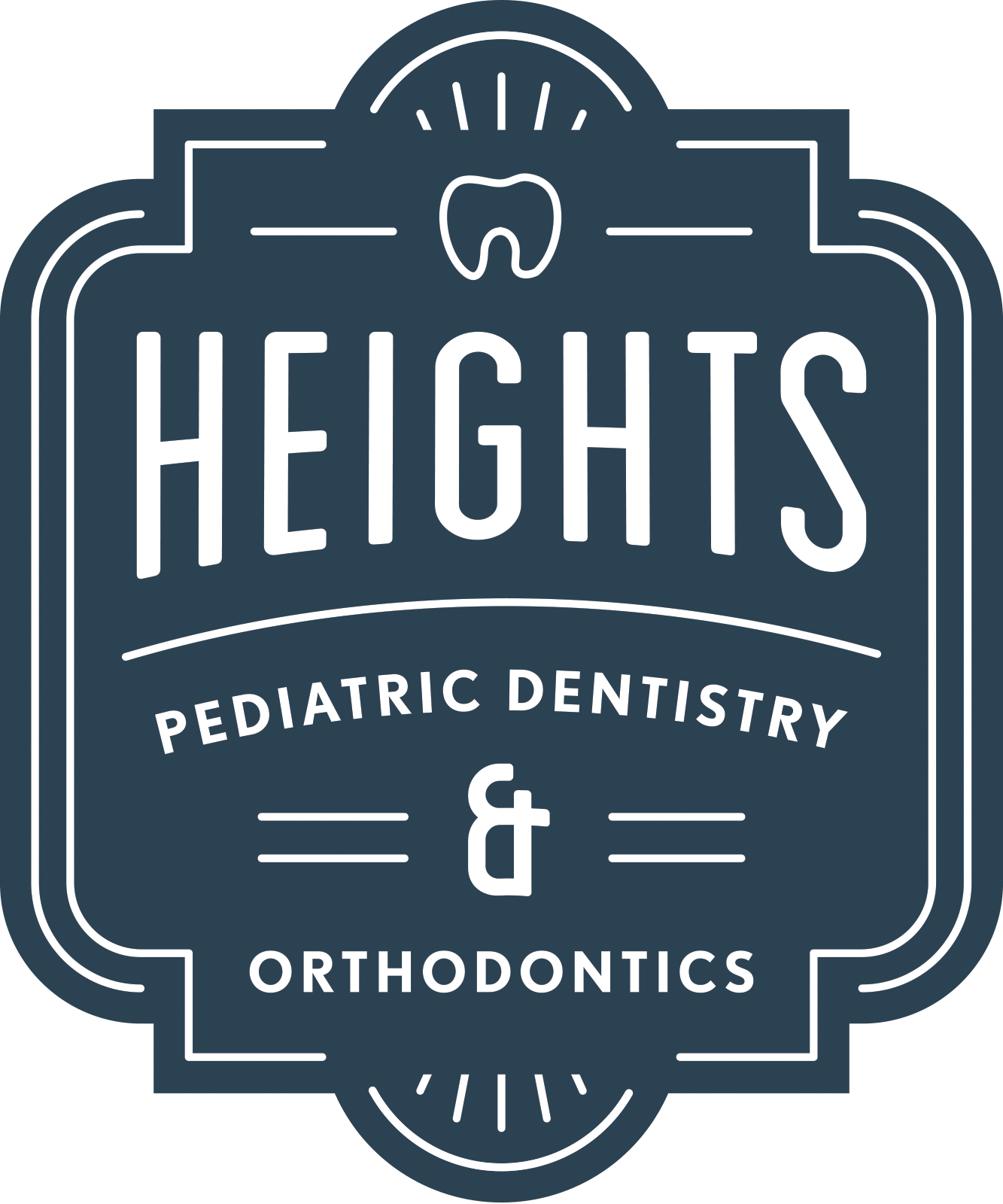Understanding TMJ (Tempomandibular Joint) Disorder in Children
/Jaw tightness or soreness can be uncomfortable and painful. If your child complains about this but the symptoms and pains do not last for more than a couple of days, there is usually no need to worry. However, when the condition seems to get worse or the pain continues, you should immediately bring your child to a pediatric dentist to determine if this might be a TMJ disorder.
TMJ and TMJ Disorder
The temporomandibular joint or TMJ is the joint responsible for connecting our lower jaw to the skull. To locate it, touch the part of your face directly in front of your ears and then open your mouth. The movement you can feel is caused by your TM joints. Obviously, this joint is very important when eating or speaking.
Medical problems related to the TMJ are referred to as TMJ disorders or TMD (temporomandibular disorders). These can present as neck, jaw, head, or facial pain and biting or chewing problems. Others may experience locked jaw or popping sound when mouth is opened or closed.
The Likely Patients
TMD is rare in children, however many children and adolescence might have popping, clicking or occasional locking of the joint. Consistent symptoms of pain, soreness or jaw locking however, should be addressed promptly. Many factors can contribute to this condition and most of the time it is difficult to pinpoint what caused this exactly. But if we are going to take a look at the profiles of TMJ disorder patients, it seems that children who have existing dental bite problems as well as those who are teeth grinding or jaw clenching are more likely to develop this condition.
Those with muscle and joint problems and those who have a history of trauma concerning the face or jaw are highly susceptible too. TMJ disorders can happen to kids regardless of age. However, teenagers are reportedly more susceptible to this condition. And although it can affect both girls and boys, more cases concern girls.
When to Seek Help
TMJ disorder needs to be treated and patients can benefit greatly from early diagnosis and effective treatment. Aside from asking a series of questions and visual examination, the dentist may also conduct an imaging test to verify if it is indeed a TMJ disorder. These tests can be in the form of X-ray, CT scan or MRI.
Minor TMJ disorders can be treated by simply letting the jaw rest for a couple of days. Help your little ones by giving them soft food and applying heat or ice packs to the affected area. Chewing gum or biting on hard foods or candy can aggravate the condition. Simple equilibration of the bite can ease the discomfort as well. Your dentist may also prescribe some medicines to relax the muscles or ease the pain. If there is a problem in the bite or your child is teeth grinding, your dentist will recommend dental works or devices to correct these conditions.
For emergency cases though, such as a jaw locked open or locked shut, take your child to an oral surgeon or a hospital’s emergency room right away. When the jaw is locked, sedation may be necessary to manipulate the jaw for it to be opened or closed. Most often, surgery is not required for TMJ disorders except in cases when all other treatments had been ineffective. Your pediatric dentist will guide you through a series of non-invasive treatments first and refer to a dentist specializing in jaw problems if necessary.
